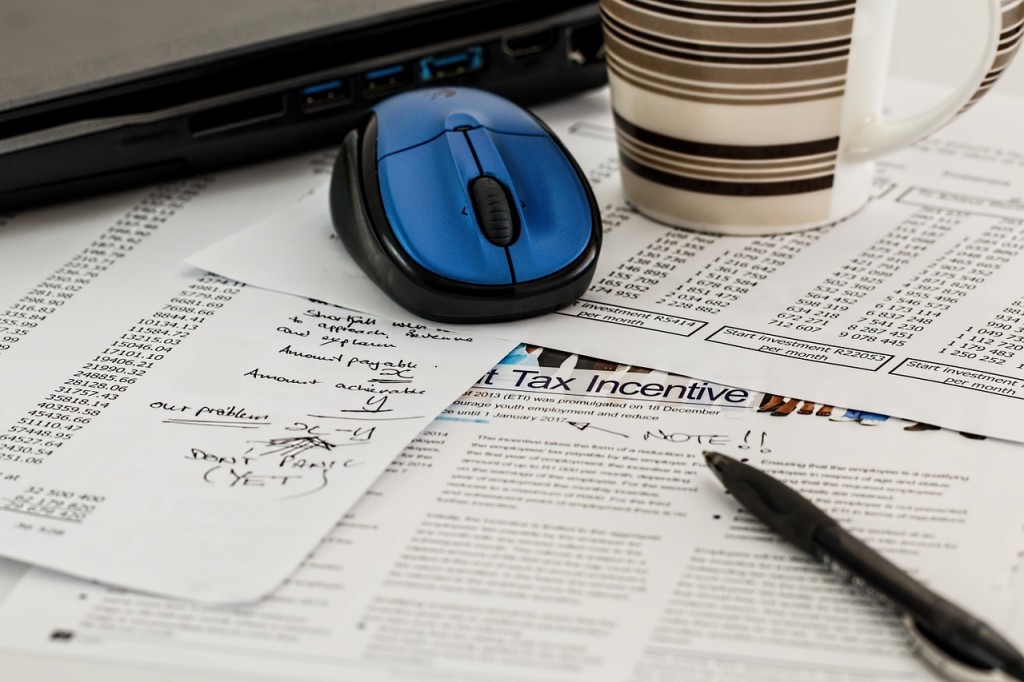A common misconception about starting up as a freelancer is that it’s free. Many assume it is all cash profit, making it the most financially beneficial option out there. However, nothing could be further from the truth. Just like any other company, running a freelance business comes with its costs, some of which are one-off payments and others that are regular expenses. It’s crucial that you understand these costs to create a solid budget. With that in mind, here are six to plan for.
Training And Development
No one goes into a new job knowing exactly what they should be doing. Thankfully, when you work for a large company or agency, you’re usually given the necessary training before you get to work. As a freelancer, you’ll have to foot the bill for any development you may require yourself. Thankfully, there are lots of low-cost options to consider, including books and online courses.
Equipment And Tools
Whatever industry you’re in, there will always be some tools and equipment you need to buy. These things tend to include office furniture, technology, stationery, and more. You can cut this cost significantly by shopping around for cheap ink cartridges, pens, and paper and buying them in bulk. You can also purchase good quality used furniture and equipment at a discounted rate.
Promotion And Marketing
You may provide the best service in the world, but, unless clients know about you, they aren’t going to pay for it. Because of this, you will need to invest in promotion and marketing for your freelance empire. To ensure that this is effective, you should personalize your strategies to your target market and measure the results. Be sure to consider low-cost tactics, like social media.
Insurance And Tax
No business is ever completely safe, even one that you run from the comfort of your home. With that in mind, you should shop around and find an insurance policy that suits you. It may not be best to go for the cheapest option, as it won’t always provide proper protection. As well as this, you’ll need to budget for tax, so ensure you reduce this cost by looking into possible deductions.
Accounting And Legal
Even when you work alone, there are two people a freelancer should always have on their payroll: An accountant and a lawyer. These two professionals can help to keep you out of any financial or legal binds that could cost you even more money. Rather than hire someone full-time, you could outsource certain accounting or legal work to another skilled freelancer.
Paid Time Off
The biggest drawback of working for yourself is that you don’t get paid time off like everyone else. This means that, if you went away on holiday or got sick and couldn’t work, you wouldn’t get any money for the time you’re out of the office. To limit the impact of these breaks, you should build an emergency fund so that you always have some money available when you need it.
Freelancing is rewarding work, but it isn’t without its costs. Hopefully, with the advice and information above, you gave a clearer idea of what’s in store and the knowledge needed to protect your budget.


